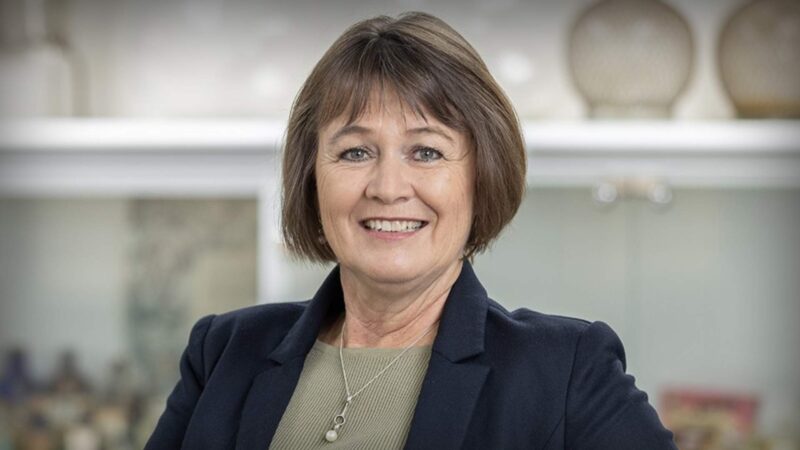During COVID-19 vaccine rollouts social media has been a breeding ground for anti-vaccine sentiments, which have led to vaccine hesitancy. This can increase vaccine-preventable diseases and create public health crises.
Health-related misinformation in social media has been shown to lead to poor health outcomes, including delayed treatment, unnecessary treatment, and wrong treatment. False information can spread rapidly: Social media platforms allow information to be shared quickly and widely, which means that false information can spread rapidly. This can result in a large number of people being exposed to incorrect information and acting on it, which can have serious consequences.
More significant changes in recent years have been health-related misinformation eroding trust in healthcare professionals, leading to people seeking alternative treatments or avoiding medical advice altogether. This can make it more difficult for healthcare professionals to provide effective treatment and care.
With this in mind, recent vaccines delivered as part of the COVID-19 response, are having a consequential impact on the uptake of routine vaccines.
Australian Health Journal spoke with Dr Paul Griffin, an Infectious Diseases Physician and Microbiologist at Mater Health, and who has been involved in over 150 clinical trials in the field of infectious disease.
Now the Director of Infectious Diseases at Mater Health, Paul talks about coming into the field of infectious disease clinical trials, starting in malaria to now focusing on influenza, RSV and COVID-19 vaccines.
Paul reflects on the opportunity to learn and be involved in clinical trials from an early career stage and a turning point being in a senior role for a Phase 1 clinical study.
On the topic of misinformation in public health perception and literacy, Paul sees the issue continuing to circulate on the purpose of vaccines in general. This has also created hesitancy in ‘routine’ vaccine uptake.
Paul talks about the importance of having reputable sources of information that can used to encourage people to understand what is involved in clinical trials and the roles of vaccines.
Whilst the past 5 years may have improved public health literacy, it’s been outweighed by significant misinformation that does require an active campaign to encourage people to seek out information from reputable sources.
In closing, Paul talks about his advice for anyone looking to enter the field of clinical trials and vaccines: Early on, take the opportunities that arise, to be involved, help increase experience and new learning.
You Might also like
-
HIGHLIGHTS The power of social determinants of health, panel discussion
Clinicians and consumers know only too well that life circumstances such as poor housing, income and food insecurity can have a negative impact on health outcomes. Conversely, participation in community activities, social connection and access to nature parks and leisure facilities can help maintain health and wellbeing.
More recent phenomena in public health have also focused us on the health and social care connection. Stress factors such as the sudden loss of employment and social interaction, moving to remote work or schooling, and the impacts of sudden, localised COVID-19 ‘lockdowns’ to prevent further outbreaks were triggers of increased psychological distress.
And loneliness is being described as our latest epidemic with chronic loneliness inked to a myriad of health problems and earlier death. A recent report found one in four Australians say they feel persistently lonely, and that loneliness costs $2.7 bn a year in health costs alone.
-
Research funded to investigate early-onset bowel cancer progression
Bowel Cancer Australia recently announced a team led by Professor Michael Samuel as the successful applicant for a three-year $600k early-onset bowel cancer research project through the 2023 round of Cancer Australia’s Priority-driven Collaborative Cancer Research Scheme (PdCCRS).
-
The quest to create an Australian framework for a Palliative Care Pharmacist
Helen Stone is the State and Territory Manager SA & NT for the Pharmaceutical Society Australia. Her professional interests include palliative care, pharmacist professional services, mental health, leadership, and management.
She has recently led teams of pharmacists in innovative pharmacy practice models including in aged care, GP practice, palliative care and dementia support. This has contributed to the body of evidence for sustainable funding for embedded pharmacist roles in primary care and aged care settings.



